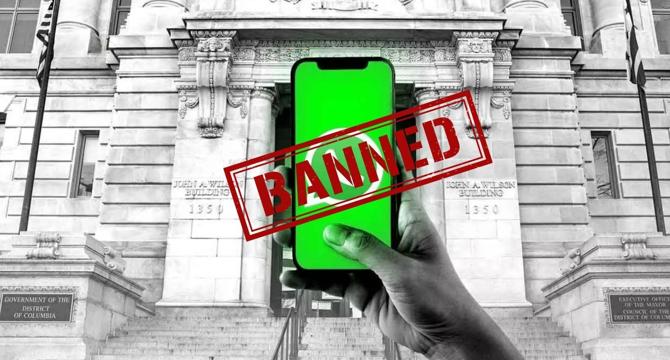TechJuice
2w
112

Image Credit: TechJuice
US House Bans WhatsApp Citing Data Security Risks
- The US House of Representatives has banned WhatsApp from all House-issued devices, effective June 30.
- The decision, based on data security concerns, was announced in an internal memo by the Office of Cybersecurity.
- WhatsApp was labeled a “high risk” app due to lack of transparency and security risks.
- House staff were instructed to uninstall WhatsApp and switch to more secure alternatives like Microsoft Teams, Amazon Wickr, Signal, iMessage, and FaceTime.
- Meta, the parent company of WhatsApp, strongly disagreed with the ban and claimed WhatsApp provides stronger security than the recommended apps.
- Meta has faced scrutiny before for data privacy issues, including being targeted by spyware.
- Despite the ban, Meta continues to collaborate with the US government, strengthening ties with the military.
- This collaboration includes allowing defense agencies to use its AI models and partnering on new technologies.
- Meta's CTO, Andrew Bosworth, was named a lieutenant colonel in the US Army Reserve, showing Meta’s increased involvement in national defense.
- The ban on WhatsApp follows the House's previous decision to ban TikTok from government devices in 2022.
- These bans reflect rising concerns over data privacy and foreign surveillance.
- While WhatsApp is still allowed in the US Senate, the House's ban highlights increasing caution around digital communication tools in government settings.
Read Full Article
6 Likes
For uninterrupted reading, download the app